When Turkey and Greece joined NATO in 1952, it was something of a diplomatic coup. During World War I, the Ottoman Empire sided with Germany attacking Russian naval facilities in the Black Sea and won a brutal battle against the allies by beating back a combine invasion force of Australia and New Zealand armies at the Dardanelles Campaign (aka “Gallipoli”). But when the Soviet Union threatened to take the Turkish Straits by force in 1945, Turkey joined NATO to obtain protection from its powerful and expansionist neighbor.
In the 66 years since joining NATO, Turkey has been an example of how an Islamic country can be part of the modern world in terms of economic and political cooperation. Turkey’s membership in NATO has also helped to de-escalate tensions with Greece, another NATO member. Turkey and Greece have historically fought each other over territories such as Cypress and almost resulted in an all-out war between two NATO members. The Cuban missile crisis had its roots in Turkey when the US based short range tactical missiles in Turkey and the Soviets began basing missiles in Cuba as a response.
As part of NATO, Turkey allowed the US to base military personnel and aircraft at Incirlik Air Base. However, US/Turkey relations have significantly deteriorated over the past decade or so. President Recep Tayyip Erdoğan was elected as an Islamist president and Turkey is now steering a course away from the West and towards closer ties Russia and Iran. When the US planned its invasion of Iraq, Turkey refused the US request to allow its military to use its territory to attack Iraq. Turkey also refused US aircraft permission to enforce a no-fly zone over Iraq before the invasion.
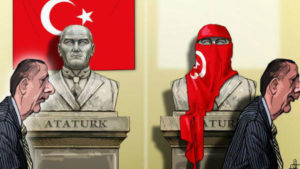
One area where Turkey is particularly at odds with the US is over the US’s relationship with the Kurdish peoples. Turkey has traditionally viewed the Kurds as a threat to its territorial sovereignty while the US and the Kurds have had strong ties, first in fighting against Saddam Hussein and then in the fight against ISIS. Turkey has conducted military operations against the Kurdish allies while the US and the Kurds were fighting against ISIS.
President Erdogan survived a military coup against his Islamic rule and is now turning Turkey into a sectarian dictatorship. He is actively rounding up all of his opponents to include journalists, educators, government and military employees, and putting them into prison regardless of whether or not they had anything to do with the coup and has shut down opposition newspapers and television stations. Despite some friction with Russia, he is now making overt gestures that he is interested in closer business and military ties. It would not be far-fetched to see Erdogan begin moves to break off ties with NATO.
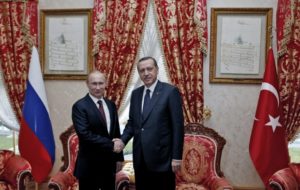
It seems clear that Erdogan now longer seeks a path with the West and is now seeking a different path, an Islamic path for Turkey.






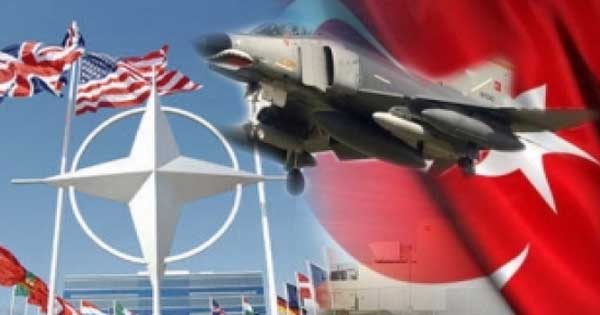
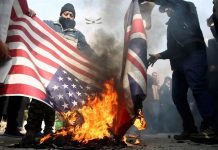
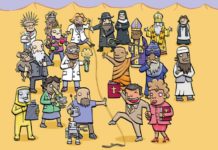
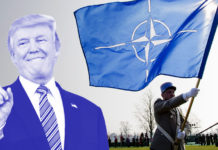





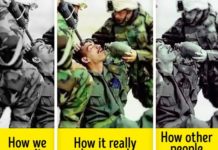
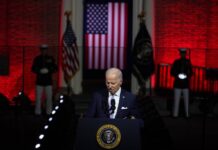









Turkey has always been two countries. Istanbul has always been very westernized, as has the rest of Western Turkey, while The Eastern part of the country has always been far more orthodox Islam. The West used to be the population center, but the Western part of Turkey, along with the rest of the West, began having fewer children, and gradually the Eastern part of the country became the population center. Once the Eastern part of the country had more votes, the government began to reflect a more hard-nosed Islamic slant. For a couple of decades, the military, with its strong NATO ties, kept the government in check, even going so far as to depose a couple of presidents. Interestingly, the Turkish Constitution gives the Turkish military the power to ‘step in’ when necessary, and the military does not report to civilian leadership. As Erdogan moved the country further away from the West, the military tried to depose him, but failed. Now Erdogan has purged much of the military’s leadership to solidify his position, and is free to move the country much more quickly toward a hardline Islamic stance, which is also what the majority of the people in Turkey want.